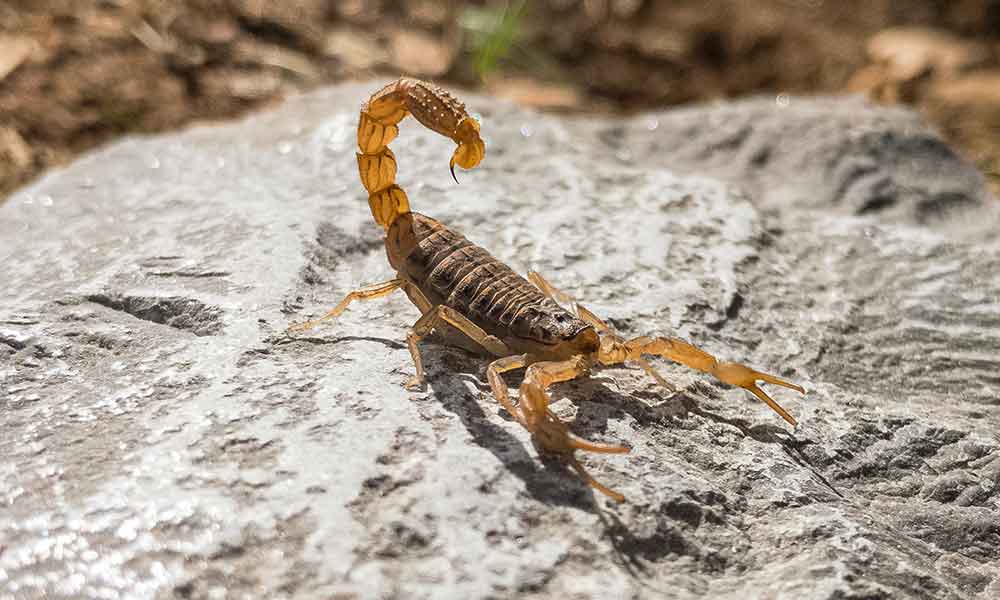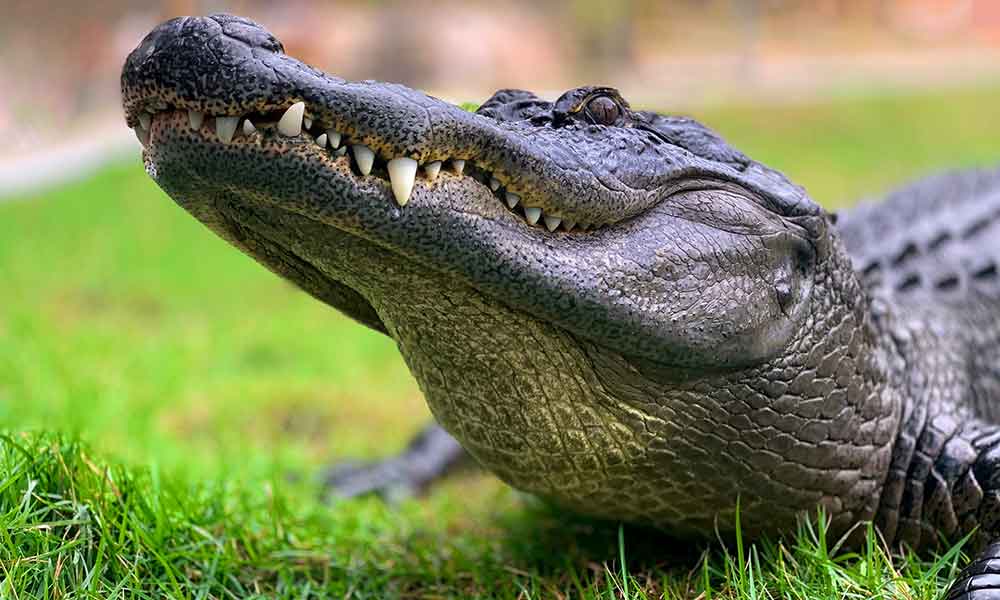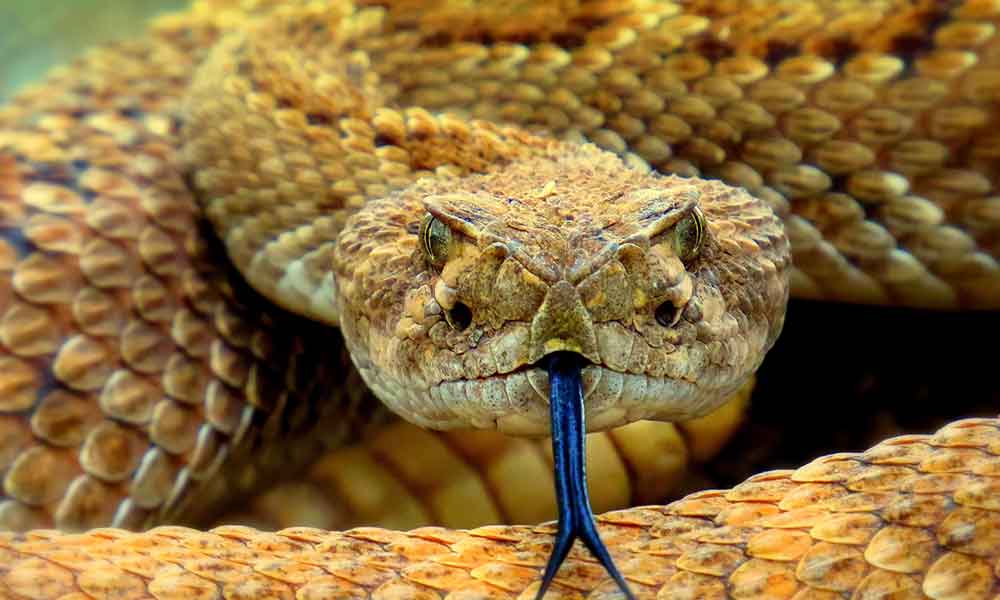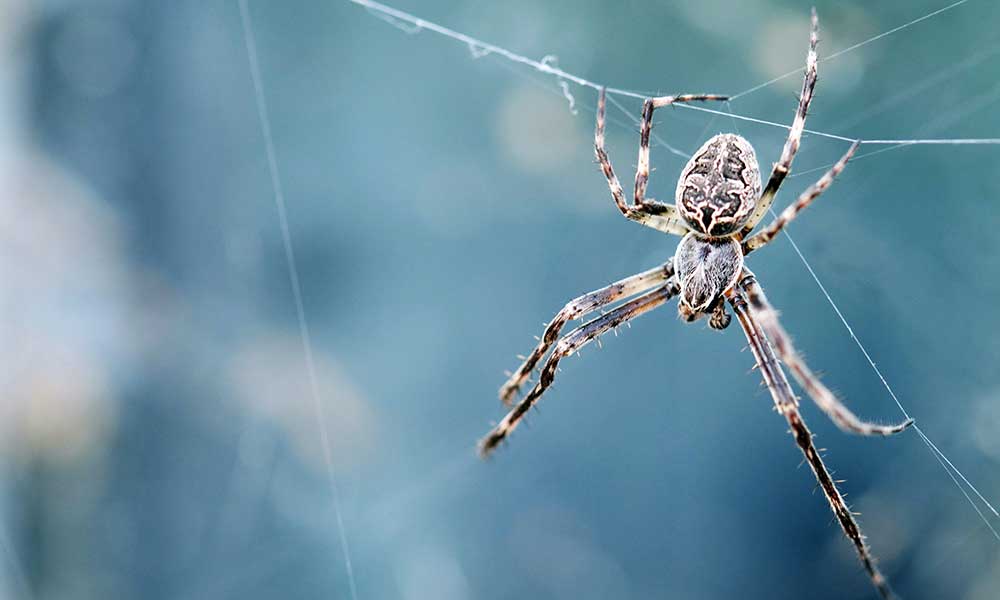We are fascinated by mother nature, especially the sharks, fish and whales that live in our ocean. So, we got to thinking about 2 of the apex predators of the ocean: Orcas and great white sharks. We wanted to know who was the apex predator between the two and who preys upon whom. We did some research.
Killer whales can weigh twice as much and be 50% longer than great white sharks which gives orcas the clear advantage whenever these two predators meet in the wild.
Keep reading to learn about the relationship between killer whales and great white sharks.
What is bigger: a great white or killer whale?
Orcas are known to be larger than great white sharks.
Killer whales measure nine meters long, and great white sharks have an average length of six meters.
Orcas are larger with a body mass of 5,600 kg, and great white sharks have an average body mass of 2,200 kg.
This allows the killer whale to have more of an advantage over the great white shark when it attempts an attack, especially if it’s traveling with another killer whale.
Who would win: a killer whale or great white?
Both the killer whale and the great white shark are known as fearsome predators in the ocean.
Research has found that the killer whale would likely win a match with the great white shark.
Researchers tagged orcas and great white sharks during a study and found that when a killer whale passed through the Farallon Islands which are situated 27 miles west of San Francisco, great white sharks immediately fled and didn’t come back until the hunting season the following year.
It’s still unknown why great white sharks flee the area, but it may be due to the fact that orcas search out great white sharks as prey.
They may also attempt to bully great white sharks in an attempt to have more access to the seals on the island when they’re hunting for food.
Fewer seals are actually hunted when the orcas are present in the area.
Can Orcas Kill Great White Sharks?
Yes, orcas are known to hunt great white sharks and are considered to be the only natural predator of this type of shark.
Research has found that they eat their fatty livers after gashing through their bodies.
They’ve been seen preying and attacking great white sharks in multiple locations around the world.
The attacks have caused the carcasses of great white sharks to wash up on the shore on various beaches in South Africa.
The high level of intelligence of orcas contributes to their ability and skill in having the advantage over great white sharks.
Some experts believe trauma that occurs to orcas due to getting shot or caught in a net causes them to turn on great white sharks.
It can lead to a loss of their structural integrity, which causes them to compromise.
They often have a droopy fin that fails to stand straight up once they experience trauma.
This causes them to choose something that is considered to be easy prey, even though the great white shark is a massive mammal.
Still, the deaths of white sharks due to orcas have only been witnessed two times in history.
One of the attacks occurred off the coast of California in 1997, and the other attack occurred off the coast of South Australia in 2015.
Both of the deaths involved juvenile great white sharks. The orcas often arrive in a group before consuming the shark.
It’s believed they’ve attacked less-threatening species before making their way up to the great white shark.
When they attempt to kill a 16-foot great white shark, it’s likely that they first try to debilitate the shark by ramming into it.
They may then try to flip it upside down, which induces tonic immobility.
This causes the shark to become catatonic as the killer whale grabs it by its pectoral fin and viciously shakes it.
This causes the shark to start ripping apart before the killer whale starts to go after the liver.
Not only do they attack great white sharks, but they’re also prone to going after different types of species of sharks.
They target each shark and have a high level of precision with their attack.
This proves that orcas are the top predators and are the apex.
Are killer whales friendly to Humans?
There are no cases of a wild killer harming a human. Unfortunately, while in captivity, killer whales have caused several deaths and have killed humans since the 1970s.
Wild orcas are known to interact well with humans.
In the 19th and 20th centuries, they even alerted humans of the presence of whales to earn a reward of delicacies from the humans.
Experts believe it’s safe to swim with orcas if you use caution.
It’s important to remember that they’re still wild animals that should be given your full attention while spending time in the water with them.
They are not known to kill or hunt humans.







